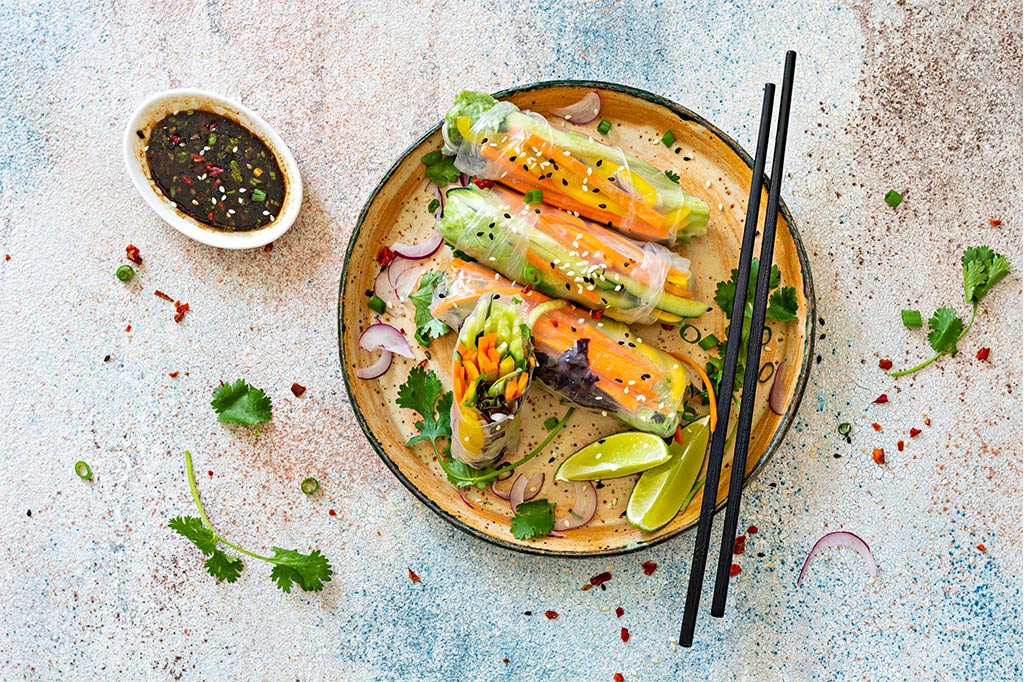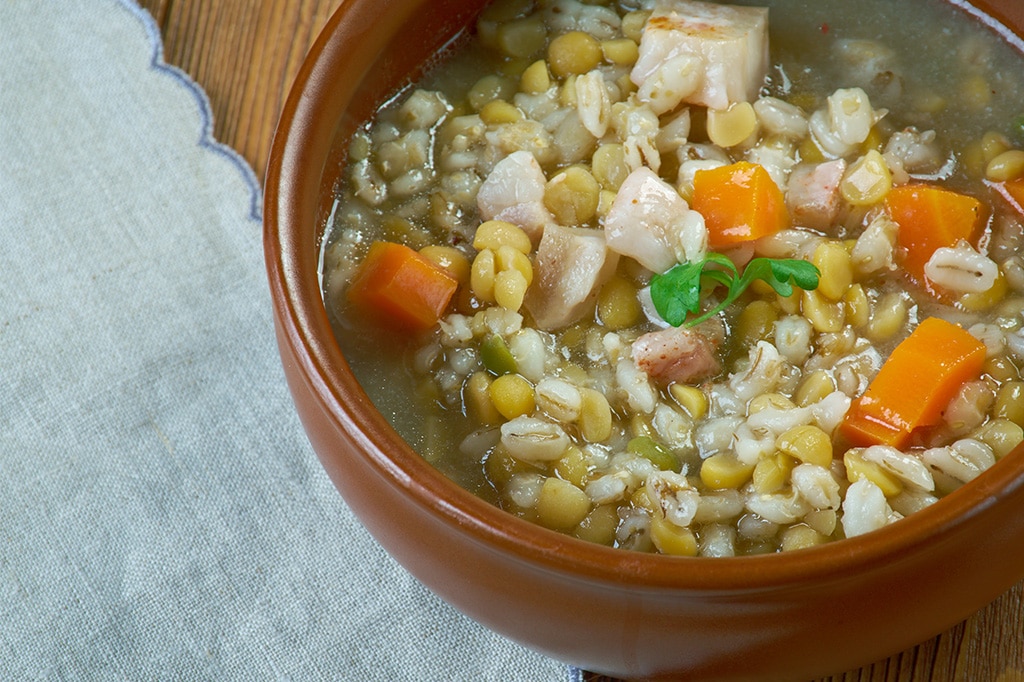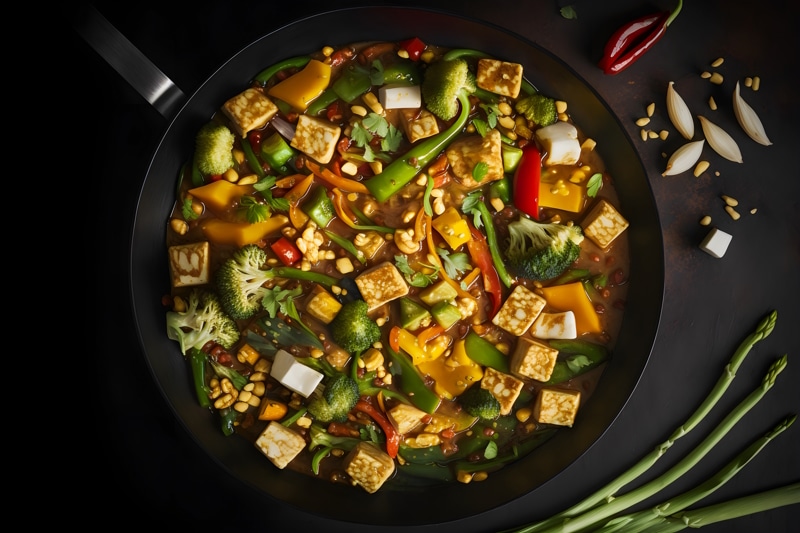Seafood is difficult to veganise well, but some companies are betting on new technologies and customers to overcome the challenges.
Seaweed-wrapped deep-fried tofu served in newspaper. Marinated aubergine slices pressed over rice. Chunks of legume protein coated in oil and herbs. These products are intended to mimic various fish dishes – fish and chips, unagi, canned tuna – and they’re all available now.
Faux seafood is not new, but products were limited and many of those that have been available they went as good and they were undermarketed. These range from a bland Tofu-Fish and chips served in pubs to a rubbery false shrimp and crab sold in Supermarket’s vegan freezer sections.
These products were waiting for the kind of innovation that has motivated and expanded the plant-based meat industry. Yet faux seafood manufacturers looking to make new niche products face some unique challenges, from mimicking the best and closest taste and texture through making the production cost-effective for these ambitious new offerings.
Currently, faux seafood is a small niche in the food supply chain. In the US, the country which has the biggest amount of vegan seafood start-ups, plant-based seafood made only 1% ($9.5m) of the retail sales of plant-based meat in 2019. (And plant-based meat, in turn, made up 1% of total meat sales.) Total research and development on alternative seafood have only amounted to $10m–$20m so far.
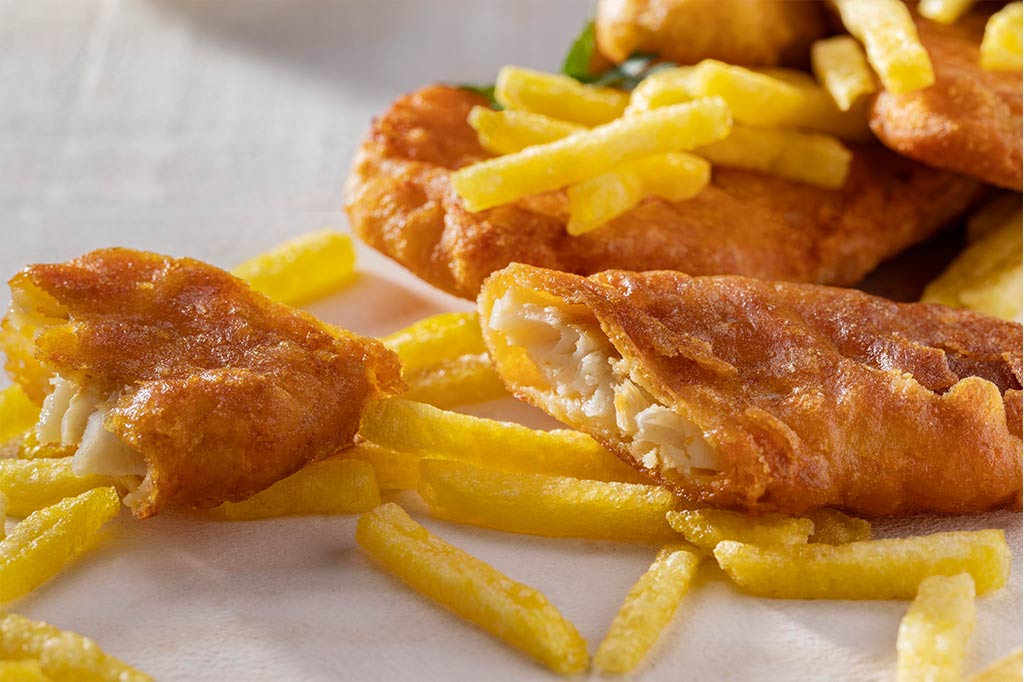
Right now, there’s not a real vegan alternative that successfully mimics fish and chips, but lots of monies are being poured down towards this dish and some are hoping to change that.
The main issue is the technical challenge of replicating the flaky and fragile texture of seafood. It is easier to produce shelf-stable mock tuna than fillets, and the great majority of plant-based seafood retail sales are of frozen products. The few companies in this space focus mainly on perfecting a single faux seafood product rather than working on a variety of products simultaneously.
Another important issue is nutrition. “People typically turn to conventional seafood for health benefits. And so being able to come really close to those benefits is extremely important on the plant-based seafood side,” says Jen Lamy, the sustainable seafood manager for the Good Food Institute (GFI).
This has been very difficult to achieve. Good Catch’s fish-free tuna may come close enough by a legume blend that provides protein and algal oil providing a source of omega-3 fatty acids. The preception of d health benefits is the main driver of carnivores to try a plant-based diet and to the take-up of faux meat. So nutrition is key if alternative seafood companies want to expand their consumer base for currently niche products.
Overall, it’s taken consumers a while to begin requesting plant-based seafood. Nutrition aside, it’s also because animal welfare regarding lobsters and farmed fish doesn’t motivate vegetarians and vegans the same way cows do. This reason is mainly cultural and historical: fish is not considered meat under the Judeo-Christian culture, for instance, and so their consumption is acceptable.
Vegan items now contribute about 20% of their total revenue on chain stores and growing. And the vegan menu continues to expand, from ‘prawn’ cocktail to ‘calamari’ strips and the recently added ‘lobster’ roll.
The truth is that alternative seafood presents an enormous opportunity for investors. There is an enormous potential to replicate the many types of seafood that end up on our plates. As well, shellfish allergy is the most common food allergy in many countries, thus creating an enormous potential for shellfish substitutes, much like lactose-sensitive people contributed to the expansion of dairy-free milk.
Some analysts, especially after the movie “Seaspiracy” believe that the transition from conventional seafood to plant-based versions will happen much faster than the shift from dairy milk to dairy-free, because of the high demand for seafood and the dwindling wild supply (and as many large fish species like the bluefin tuna are limited to catch). And even if ethical eaters are less concerned about the welfare of marine animals, awareness of the human rights abuses in global fishing chains and the potential depletion of certain marine species may be compelling.
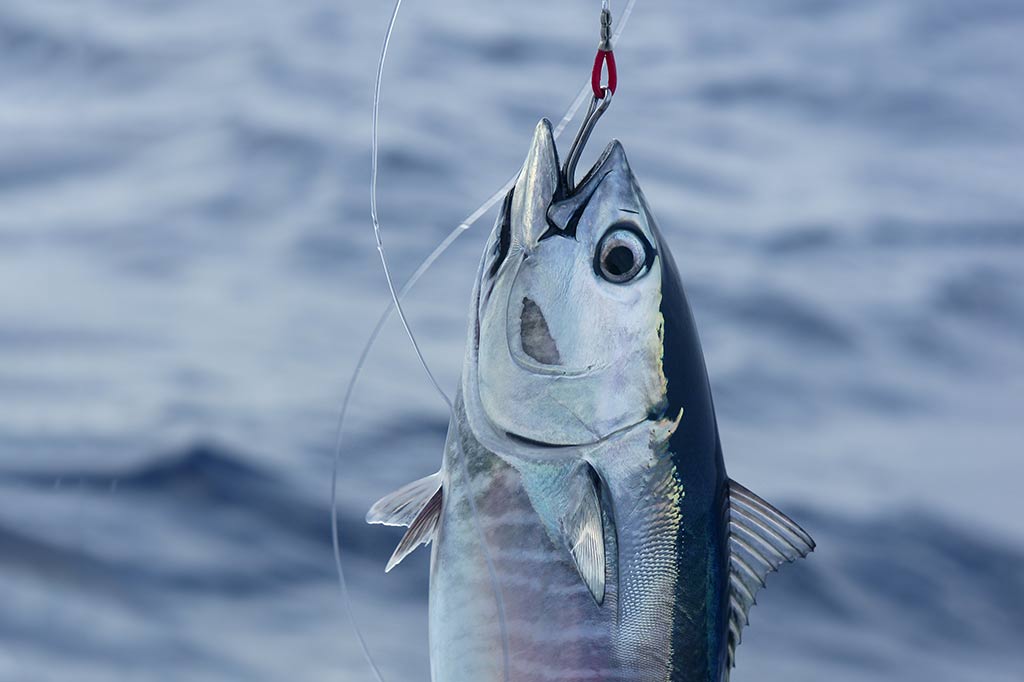
In the past year and a half, we’ve seen an increasing number of product launches and fundraising rounds. A single company or investor could have an outsize impact on the overall market, so could a government.
Let’s take the example of Singapore. They have been moving away from their dependence on imported food and they have become a leader in alternative seafood. The Singapore Institute of Food and Biotechnology Innovation began collaborating in August 2019 with the Singaporean branch of Sophie’s Kitchen, a US plant-based seafood company, on fermenting microalgae to produce a protein substitute.
Singapore’s Shiok Meats corporation is working on cell-based crustacean products easily could become the first cell-based seafood company to enter the market. Sandhya Sriram, the CEO of Shiok Meats, explains that the company has received grants, tax rebates, and regulatory assistance from the Singaporean government thus far, and is hoping to obtain additional funding and manufacturing support in the future.
Cell-based meat, or how is sometimes called lab-grown meat has an identical cellular structure to animal meat but doesn’t require the killing. Instead cells from initial “donor animals” are grown in a bioreactor. The cell lines can continue to be used over and over, creating the great potential to reduce animal suffering.
Sriram acknowledges that not all vegetarians and vegans will be on board with this kind of seafood of the future. “At the end of the day, cell-based meats are still very much meats to the biological and cellular level – so if you do not eat meat, for example, for religious reasons, cell-based meats may not suit you. But for me as a vegetarian, for ethical reasons, I can consume cell-based meats without any guilt.”
A single dumpling made with Shiok shrimp would cost about USD 107, or £85. Sriram says that the company is still at the “R&D scale” but has plans to grow operations and reduce costs. In general, cell-based and plant-based meats are still more expensive than the conventional versions; as with Shiok, this is primarily an issue of a smaller scale.
Covid-19 has altered everything. The traditional meat supply has been disrupted by the spread of infection in crowded processing plants and fishing boats. Faux meat products are easier to produce under Covid protocols and social distancing.
One result is that seafood consumption is down in some countries. Overall, demand for plant-based meats has risen since the start of the lockdown. On a recent survey, 23% of US consumers say they’ve been eating more plant-based meals due to Covid-19.
The figure is highest among 18-24-year-olds. During the lockdown in the US, both animal-based and plant-based meats have experienced a big increase in sales growth, but the percentage of higher sales was much higher for the alternative meats.
It’s very difficult to predict the long-term effects of the pandemic on seafood start-up companies since consumers are likely to be very price-sensitive, so the higher prices of seafood alternatives may be more of a stumbling block than usual.
Yet we have more capital and technology flowing into this area than ever before, but we are particularly enthusiastic about partnerships between established seafood companies like Bumble Bee (famous for canned tuna) and Good Catch (getting more famous for faux tuna). “There’s room for so many more entrants in this market,” she emphasizes. “It’s still early days.”

